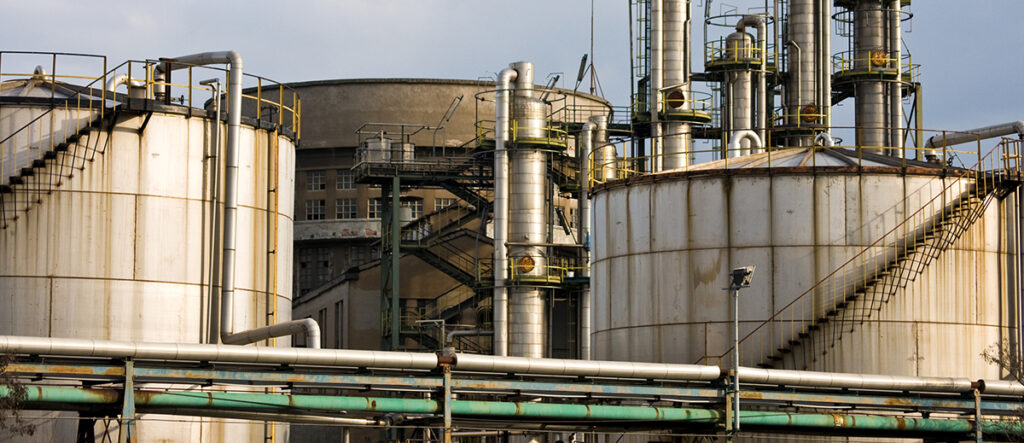
Enzyme Grease Trap Treatment
Problems can start at home in the kitchen sink and go as far as the municipal wastewater treatment plant. Many issues arise with fats, oils, and grease (FOG) pouring the drain into the wastewater. It takes a powerful grease trap enzyme treatment to break down the effects of fats, oils, and grease. Knowing the impact of FOG and how to treat it from the source to the industrial cleaning wastewater treatment plant is critical to eliminate all of the issues clog-ups cause. Enzyme treatments are a healthy way to break down the gunk and solid pieces that form from the FOG for the wastewater system and the environment.
Sanitrap block is a revolutional time release system that contains the bacteria and enzymes to reduce grease in your grease trap with minimal effort.

